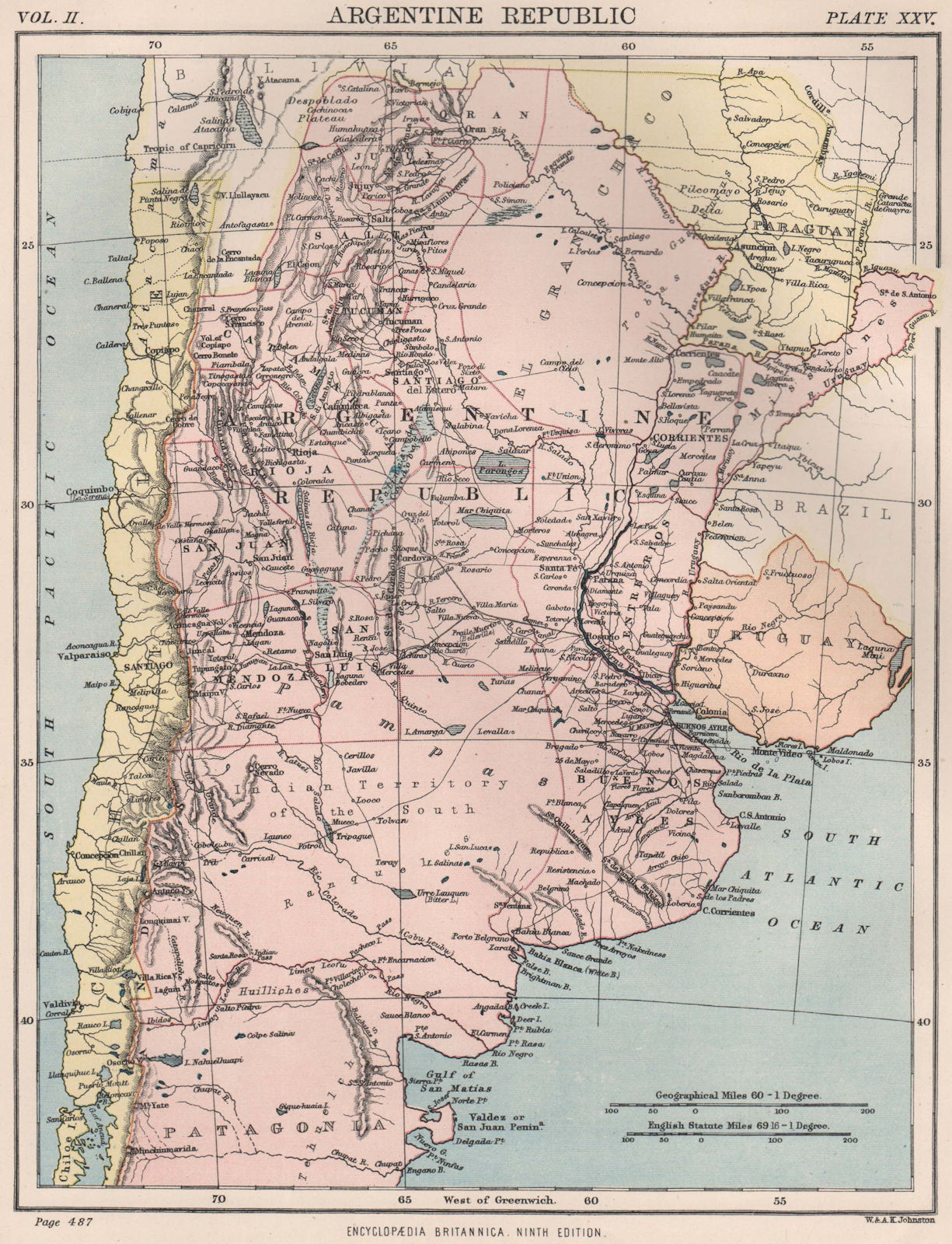

"Updating dozens of books every two years now seems so pedestrian. "This has been the reality of reference texts for years now," Cauz says.

But the relationship they have with a novel is very different than what they have with a piece of information they need," Norris says. "People still buy, read and love print books. That's not surprising to Michael Norris, a senior trade books analyst at Simba Information, who says reference books have taken the worst hit with the rise of digital. The other 85% is sales of education products: online learning tools, curriculum products and more. The online version of the encyclopedia, which was first published in 1994, represents only 15% of Britannica's revenue. But it's an icon that doesn't do justice to how much we've changed over the years," Cauz says. Though the name "Britannica" calls the print sets to mind, Cauz says they represent less than 1% of the company's total sales. In truth, Cauz says, the death knell sounded long ago. I think outsiders are more nostalgic about the books than I am." "Everyone will want to call this the end of an era, and I understand that," Cauz says. The news is sure to sadden champions of the printed word, but Britannica president Jorge Cauz said the move is a natural part of his company's evolution.


 0 kommentar(er)
0 kommentar(er)
